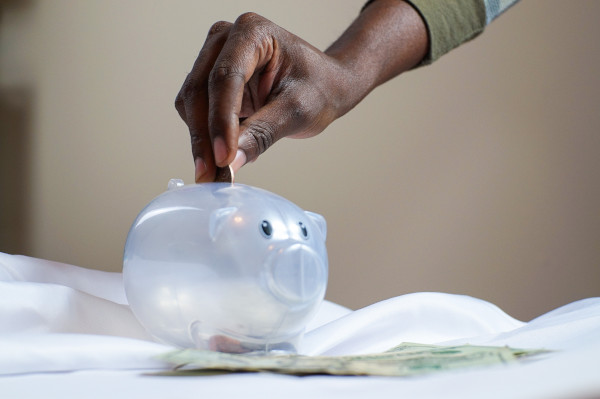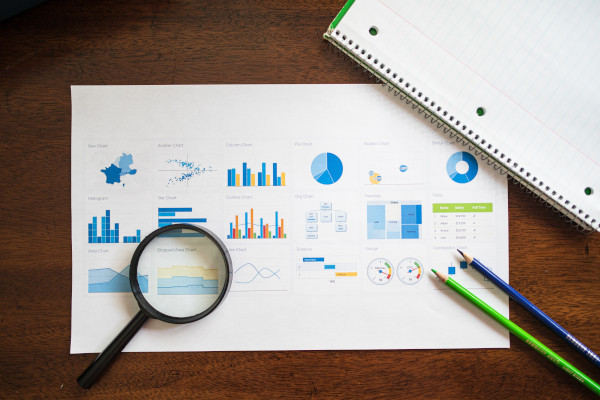With less than 4 months left to Christmas, I started looking for presents. If you think this is overthinking or planning waaay too far ahead, I beg to differ. This year seems to have flown by and I guess the next four months will pass just as quickly.
Even worse, I seem to be a lot closer to retirement than I’d like and whilst I still feel (and of course look) young, I know that there will be a time soon where it will be near impossible to find work due to my age. That can only mean one thing: at some point, I will need to live off my savings and retirement.

In short: it’s time to look at your finances, take stock and improve upon them.
How do you do that though?
First, take a look at all your money coming in. That includes everything from your income, pensions, trust funds (if you have them, good on you), your second job (if you need one, I’m sorry to hear that), interest (positive or negative), money you find on the street etc. Literally, write down where your money comes from in as much detail as possible.
Second, do the same for your outgoings. I suggest you are even more thorough when it comes to outgoings and note everything that has come out of your account, your wallet and even your piggy bank over the last year. Literally, look at what you pay – including fees and fines. Don’t hesitate to read the small print. This is where the trouble is buried which will catch you out when you least expect it.
If you have any assets such as but not limited to pensions, collections (coins, art, old wine?), insurances, savings, real estate, cars, trading accounts, anything at all, write down how much it is worth right now and when you plan on using the asset. When I say “using the asset” I mean exactly that: when will you be able to draw on your pension? When will the insurance get paid out (if at all)? Will you trade off your big house for a smaller one at some point in the future? When?
Now that you have a complete overview what your financial situation looks like, it’s time to look at how to reduce the cost of keeping all your accounts and assets running. Are there any fees you are paying but which don’t benefit you? Why are you paying them? How often? What can you do to reduce these costs?
Often costs can be reduced by streamlining your assets. For example, if you have two savings accounts, then both will charge some fee. Would it be better to only have one account and thus reduce the fees?
Finally, think about your future. Do you want to retire? When? How old will you be? How and where do you want to retire? Even if you plan to continue working forever, how will this lifestyle look like? How much money to you think you will need versus what will it cost?
There is no right and wrong to these steps since every person’s situation is different. The main point is to be honest with yourself. You also need to be brave in order to stick with the task. At times, the news won’t be good. I for one will have to work mighty hard over the next few years to have any chance of retirement in the future.
Lastly, you have to stay positive that no matter what the situation now, there will be a better future out there. A future where your finances are all taken care off and simply need a little effort every week to stay on top of it.
Good news have to be mentioned as well: President Biden and the Democratic party have forgiven student debt for the worst off (forgiven amount is tax-free), protected a higher amount of non-discretionary income from repayments and reduced the repayment from 10% to 5% of income. Great stuff! Well done to President Biden on keeping his election promise!

Yes, it is as simple as that. Look at all your money coming in, money going out followed by getting an overview over all investments (in the wider sense) that you own. Then look at how to reduce cost, streamline the setup and reduce tax paid on your various income.
